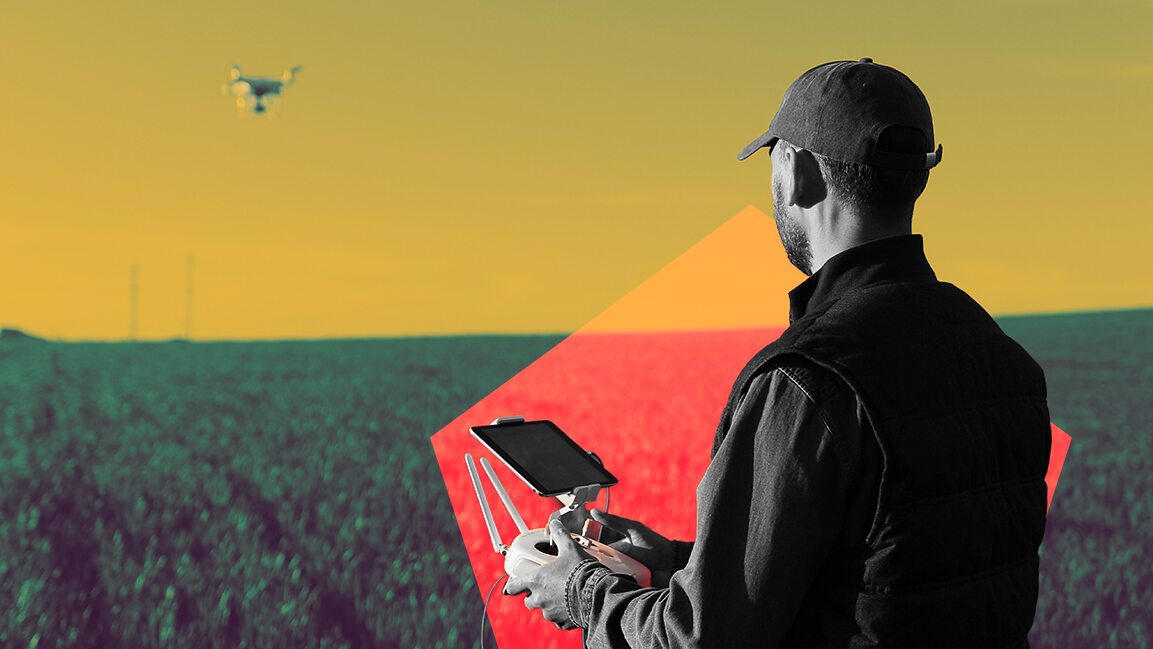- | 12:00 pm
How technology is securing the future of farming in the Middle East
Key technologies powering this transformation include IoT sensors, smart irrigation systems, satellite and drone imagery, and AI-driven data analysis

The Middle East, a dynamic region spanning 7.3 million square kilometers and home to over 500 million people, faces a complex mix of challenges.
Beyond armed conflicts affecting economic growth, the region is experiencing a sharp rise in temperatures due to climate change, nearly double the global average in the past decade (0.45°C vs. 0.27°C).
This rapid warming worsens environmental vulnerabilities, threatening food security by disrupting crop cycles, increasing drought risks, and shifting pest patterns. However, amid these challenges, digital transformation is reshaping irrigated agriculture, offering a path toward sustainability.
Countries like Saudi Arabia and the UAE have turned to technology to sustain agriculture in arid conditions. Saudi Arabia has invested in sustainable farming to reduce reliance on imports, while the UAE has embraced hydroponics and vertical farming to boost local food production.
Christian Pérez, Senior Business Development Manager—Digital, Middle East and Turkey at Xylem Vue, emphasizes that “digital transformation in agriculture is not a luxury but a necessity for sustainability, food security, and self-sufficiency.”
Xylem Vue highlights four key technologies driving this transformation. IoT sensors enable real-time monitoring of soil moisture and plant health, ensuring precise irrigation management.
Smart irrigation systems automate water distribution based on crop needs, reducing waste and preventing soil degradation. Satellite imagery and drones provide detailed insights into crop conditions, allowing for early detection of issues and better resource planning.
Meanwhile, AI and big data analytics enhance productivity by identifying trends, optimizing resource use, and supporting real-time decision-making.
The adoption of these technologies has significantly improved water efficiency, boosted productivity, enhanced sustainability, and strengthened food security across the region. This digital agricultural revolution highlights the crucial role of innovation in tackling the Middle East’s environmental challenges and shaping a more sustainable future.































